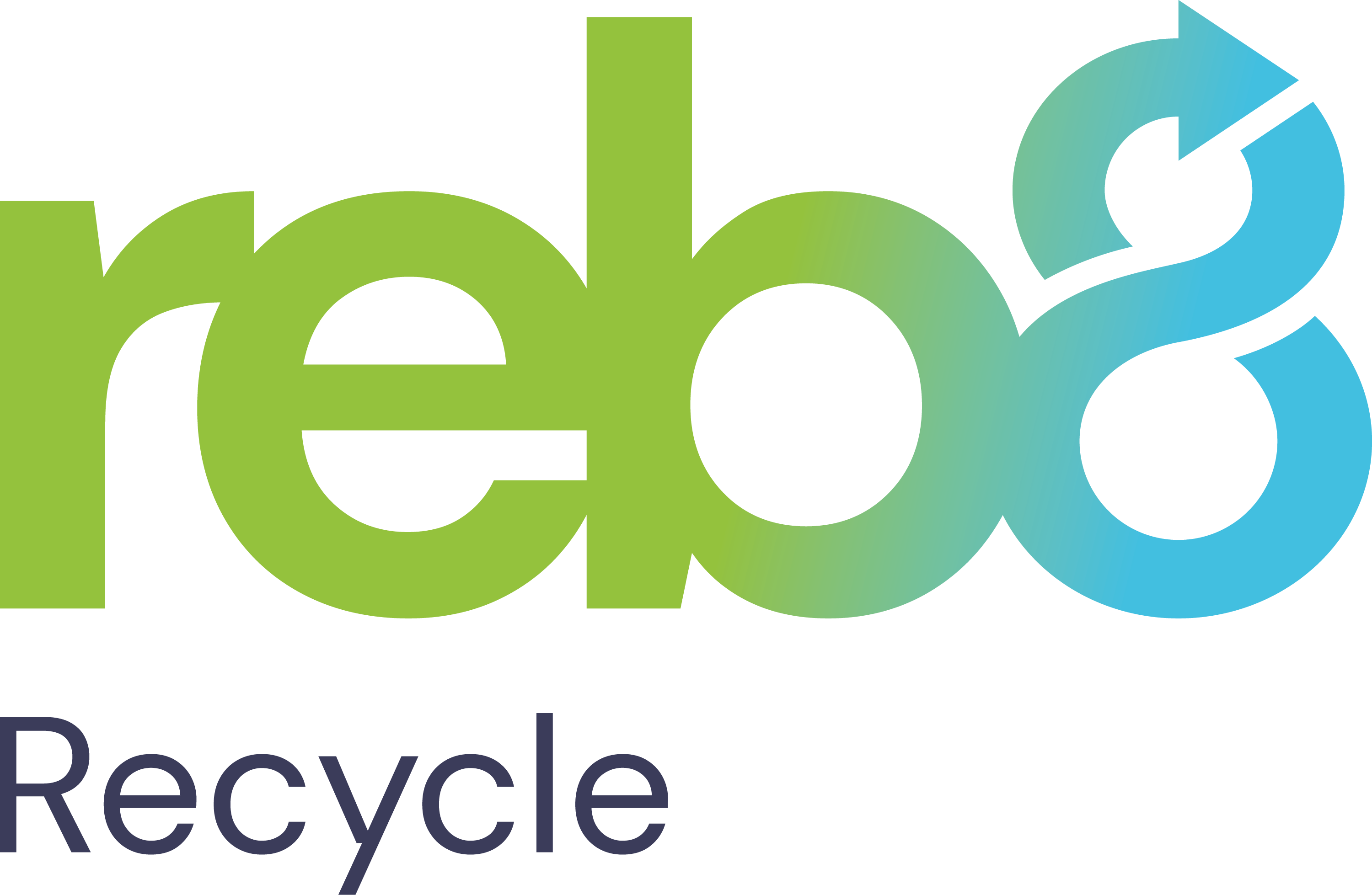


WHAT IS PET?
PET stands for Polyethylene Terephthalate. Polyethylene Terephthalate is a polymer that is formed by combining two monomers: modified Ethylene Glycol and purified Terephthalic Acid.
PET is the type of plastic labelled with the #1 code on or near the bottom of bottles and containers and is a popular package for food and non-food products. Manufacturers use PET plastic to package products because of its strength, thermo-stability and transparency. Customers choose PET because it is inexpensive, lightweight, and recyclable. It is commonly used to package soft drinks, water, juice, salad dressings and oil, cosmetics and household cleaners

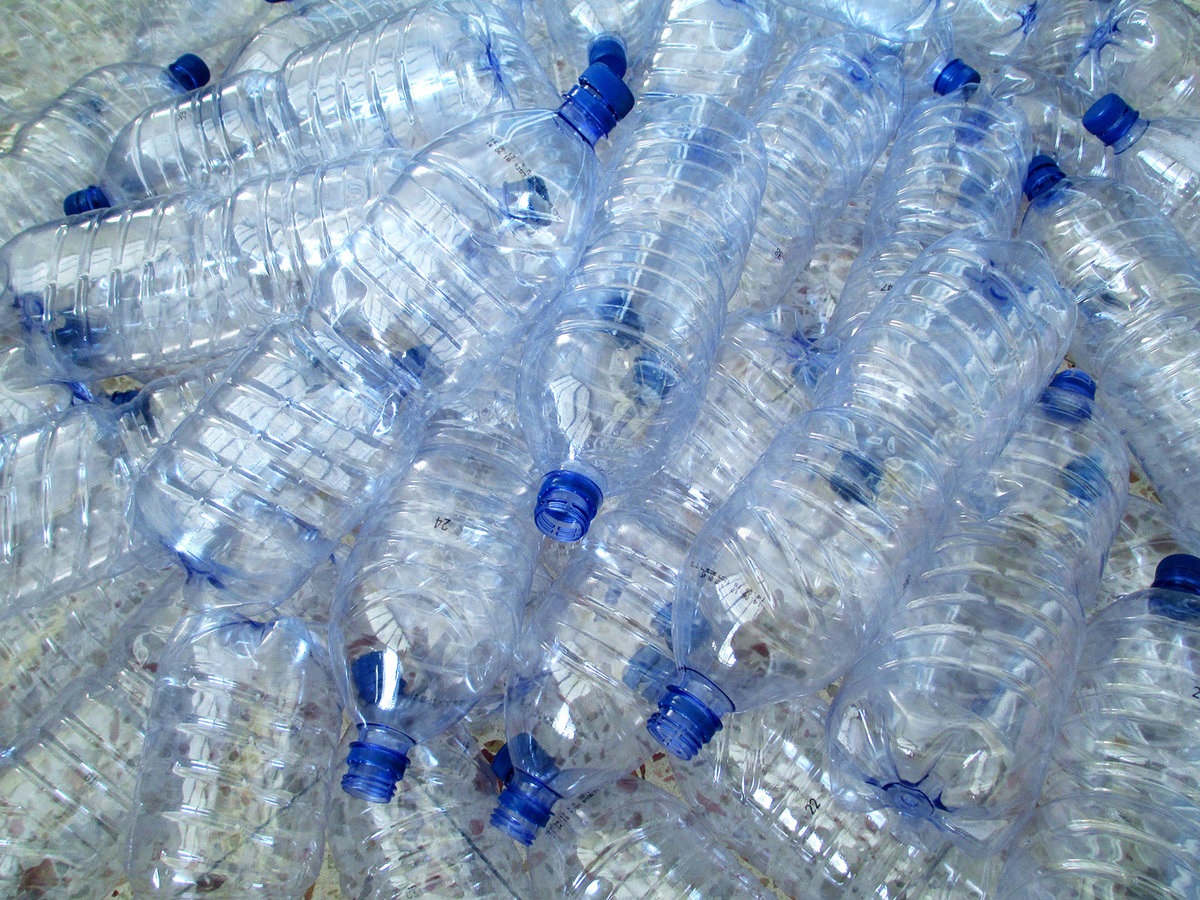
WHAT IS HDPE?
High Density Poly Ethylene (HDPE) is a thermoplastic polymer made from petroleum. As one of the most versatile plastic materials around, HDPE plastic is used in a wide variety of applications, including plastic bottles, milk jugs, shampoo bottles, bleach bottles, cutting boards, and piping.
Recycled HDPE has proven almost as versatile and popular as its “virgin” counterpart—it’s used in many of the same applications.. Some of the more typical uses include:
- Recycled plastic storage containers
- Recycled plastic lumber
- Recycled plastic outdoor patio furniture
- Recycled plastic playground equipment
- Recycled plastic automobile parts
- Recycled plastic trash cans, compost bins, and recycling bins

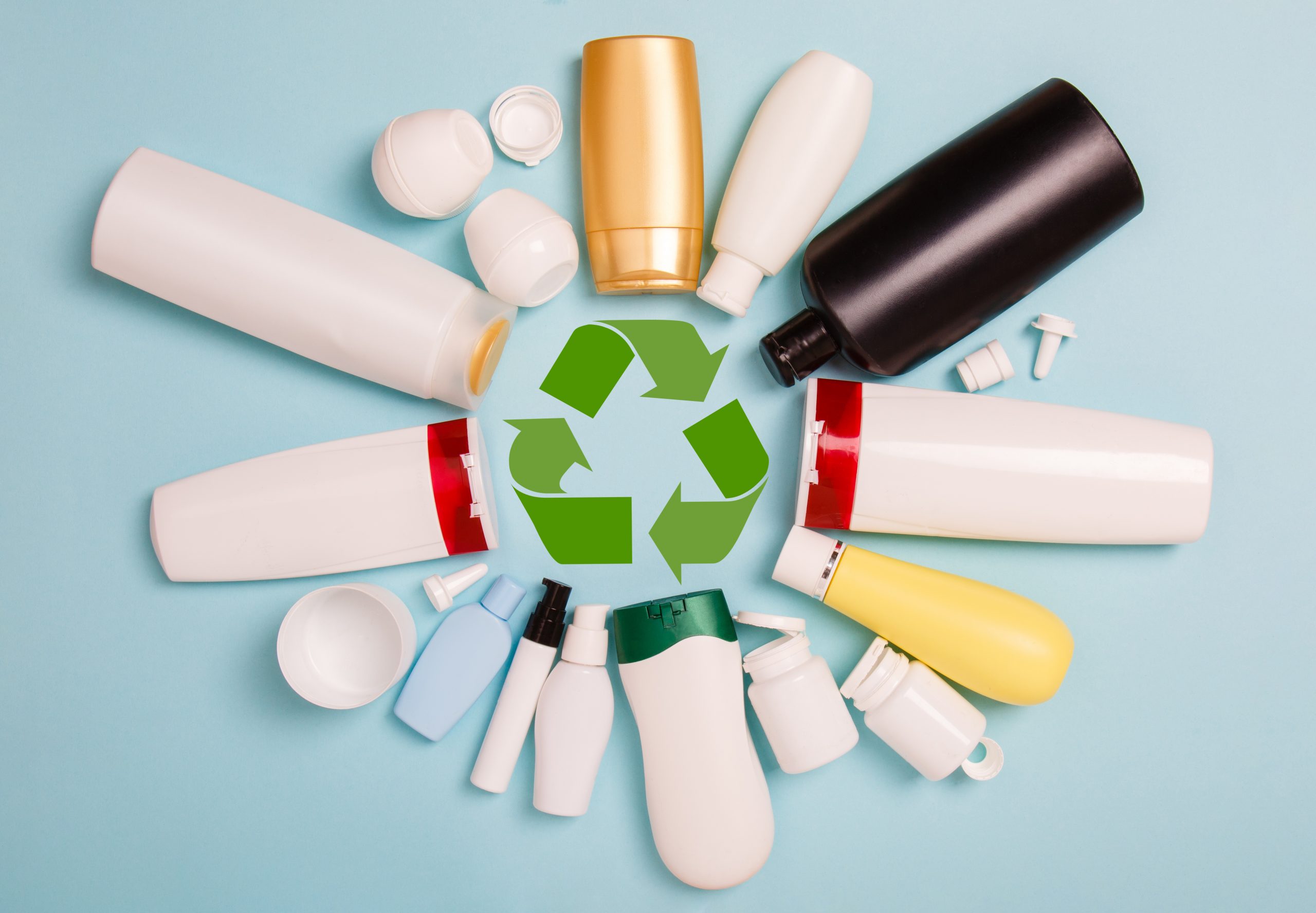
THE 6 STEPS TO EFFECTIVE RECYCLING
1. Collection
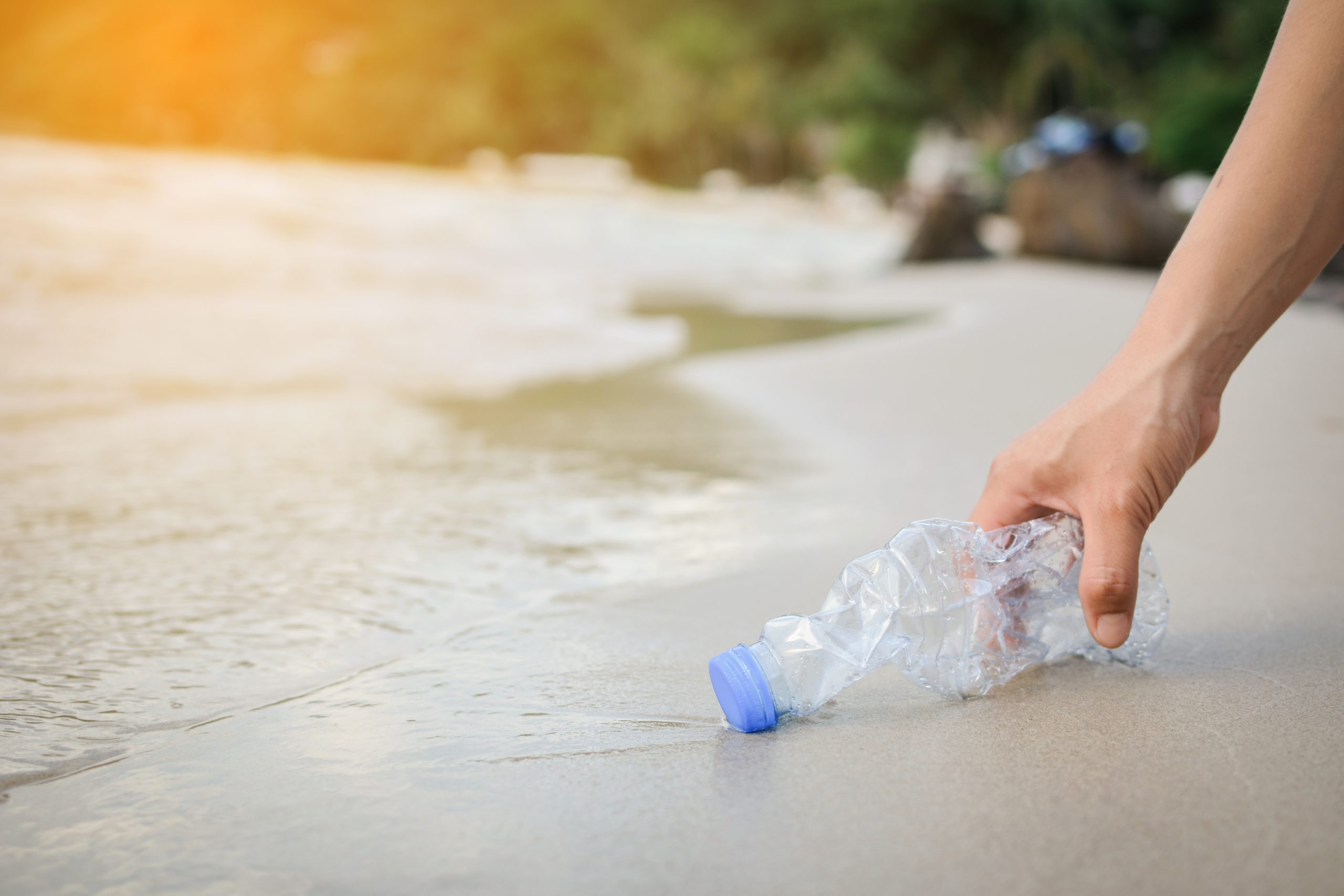
2. Sorting
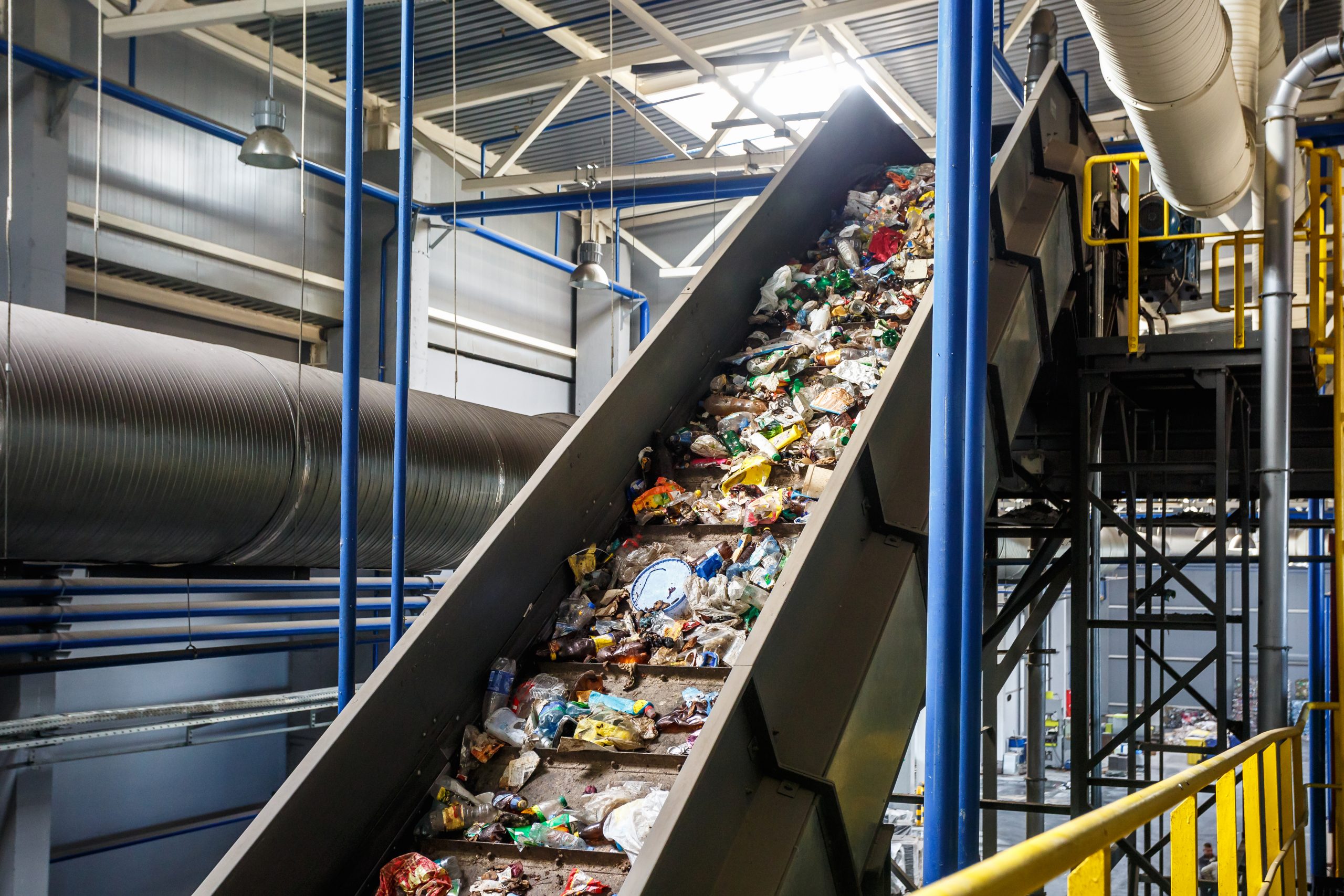
3. Washing
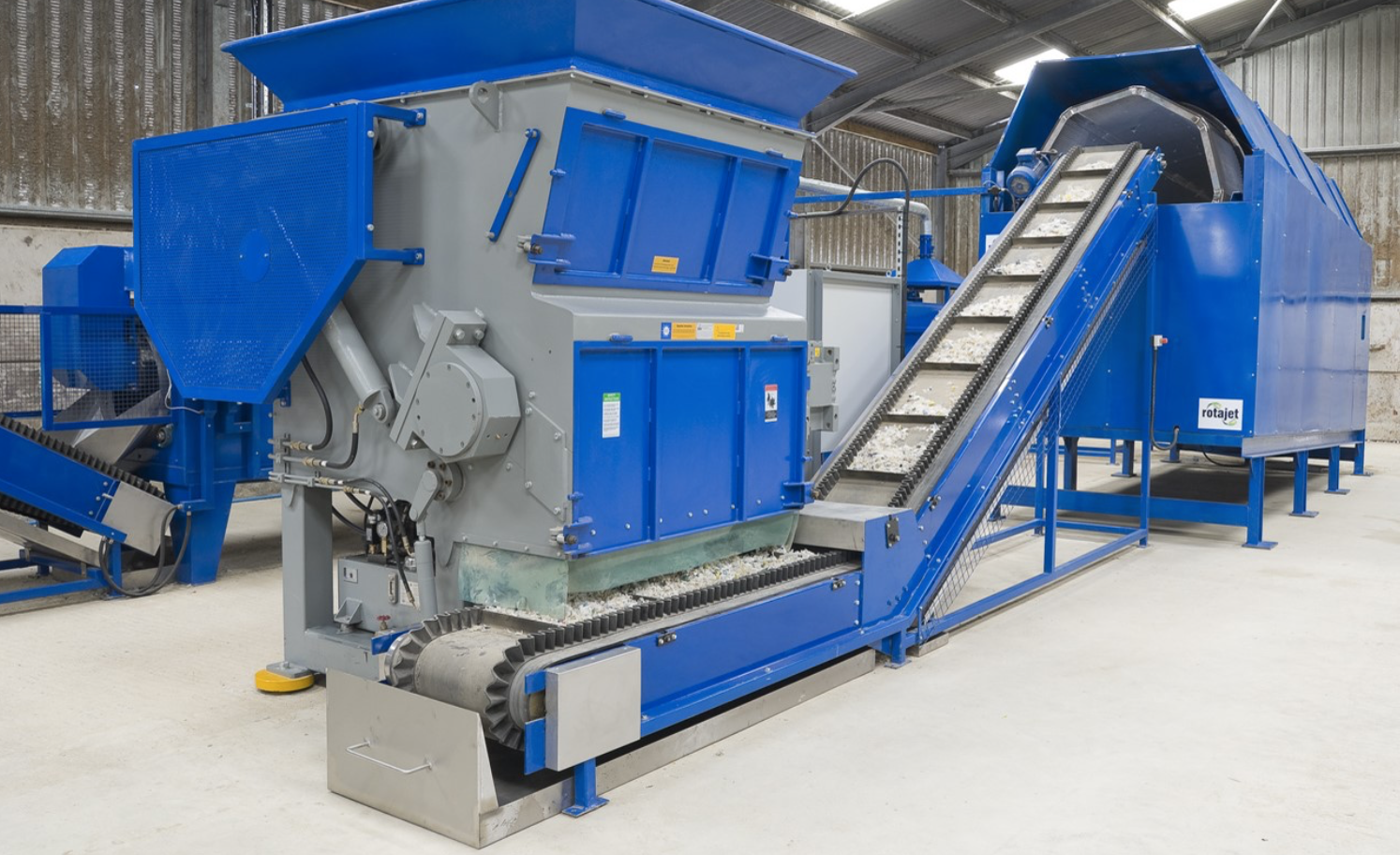
4. Resizing
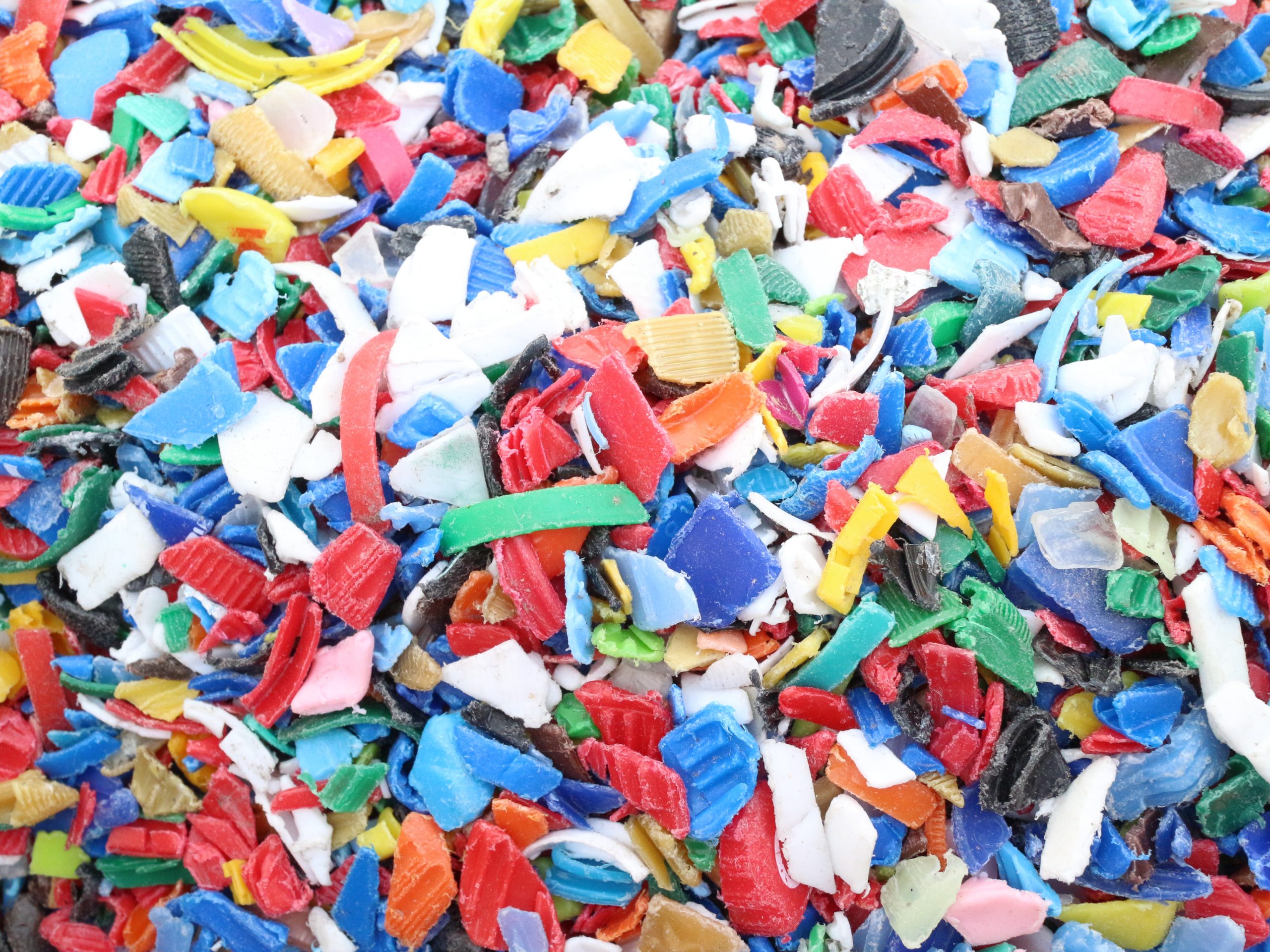
5. Identification and separation of plastics
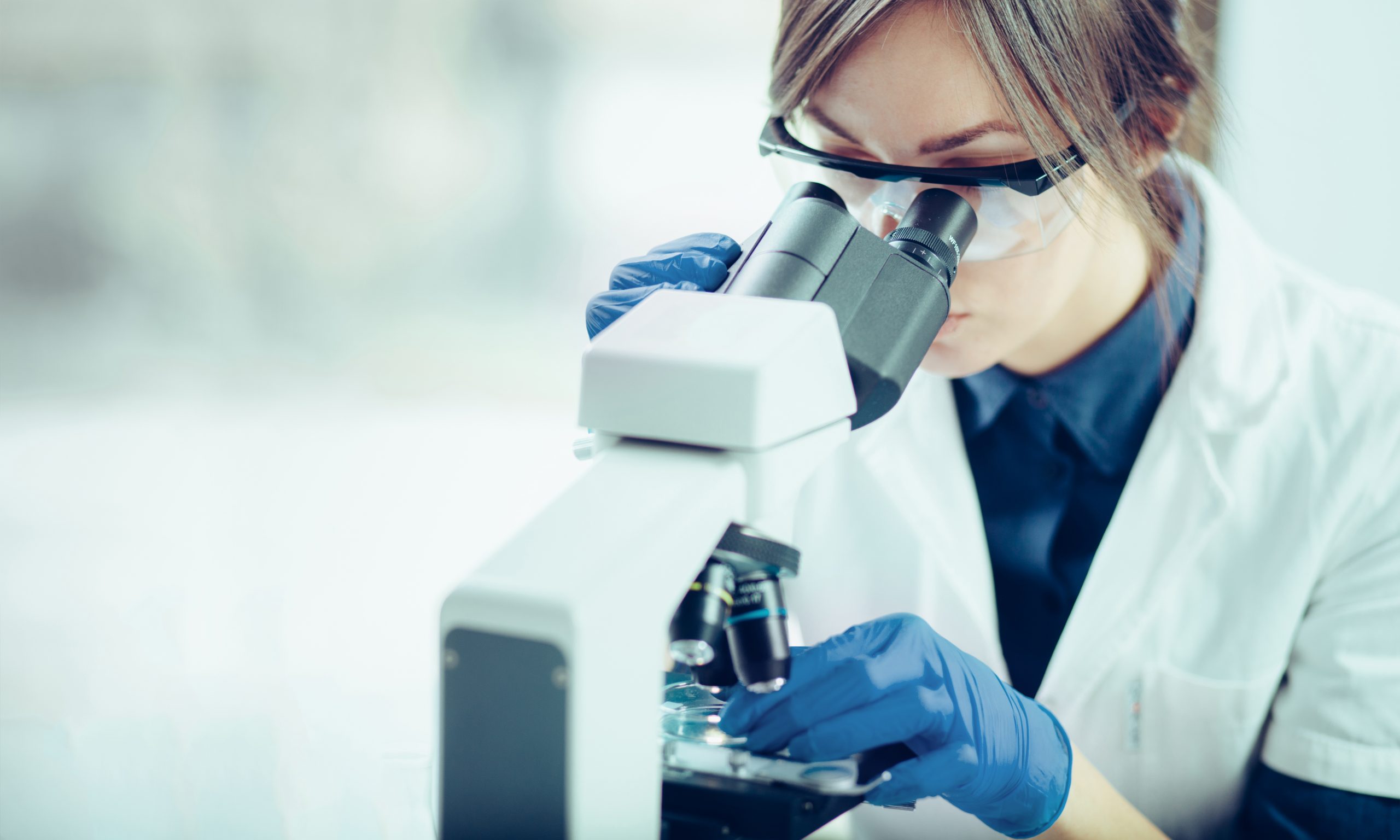
6. Compounding
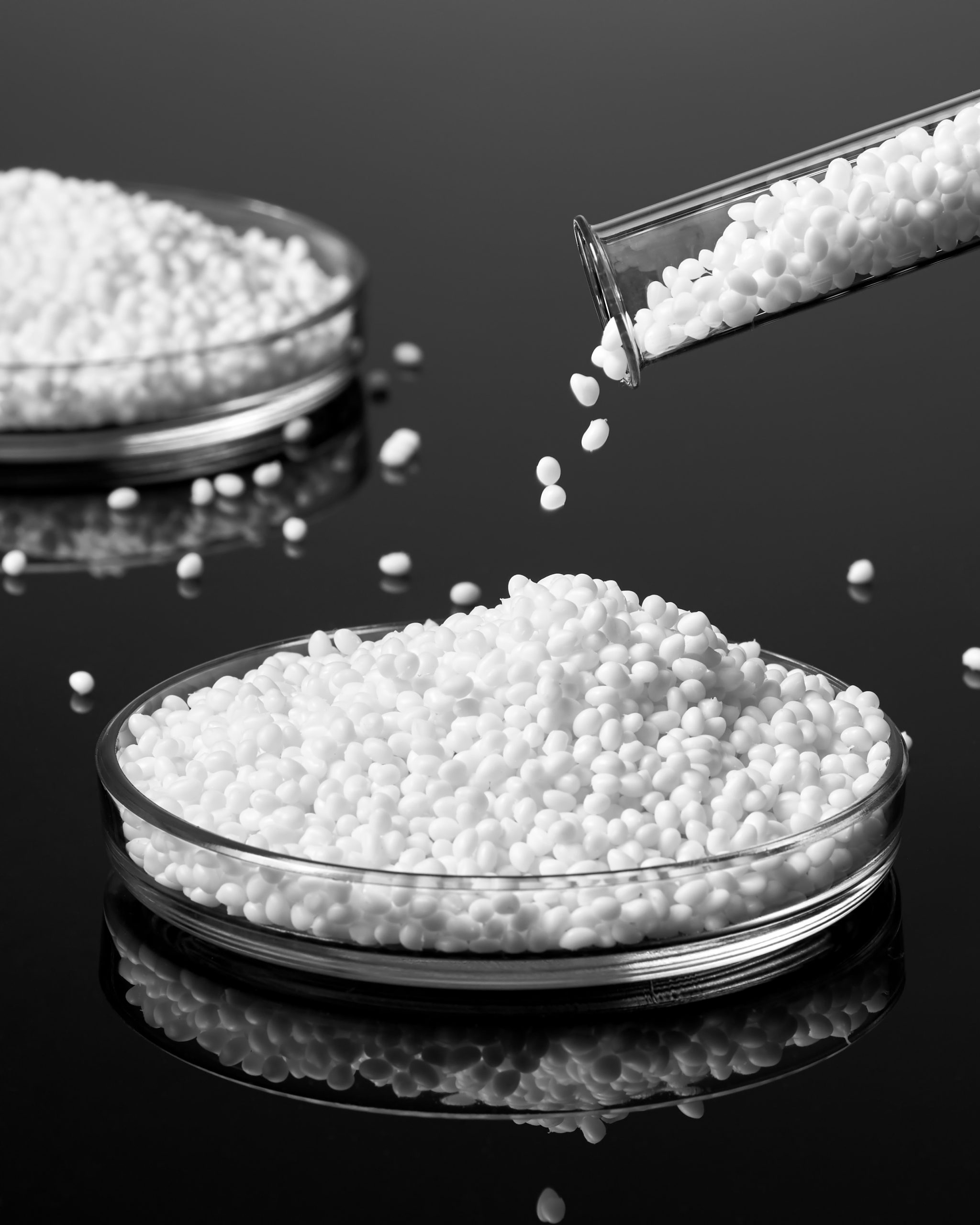
Just 10 Great Reasons Why!
-
01
Lower amount of Waste
When plastic is not recycled, it end up spending years in landfills. Due to limited space in landfills and harsh conditions, it’s almost impossible for plastic, among other materials, to biodegrade. When you recycle plastic, you can lower the amount of waste that contributes to landfills and incineration -
02
Lower Greenhouse Gas Emissions
Plastic manufacturing creates greenhouse gases, which includes carbon dioxide, which contributes to increasing greenhouse gas emissions. However, when you recycle plastic, the process of recycling needs much fewer fossil fuels and energy, therefore reducing your carbon emissions -
03
Creates More Jobs
In addition to helping the environment and saving money, there are also economical benefits of recycling plastic. In 2011, more than 2.3 million people worked in the recycling industry, and that number continues to grow. This includes everyone from those who designed the labels for recycling to the actual facility operators. Though it is true that many industries create jobs, the recycling industry creates even more. In fact, for every one waste management job, there are four in recycling. In addition to the jobs created in the recycling industry, there are also those that are indirectly involved after the recycling process. This means even more jobs for people, like those who transform the recycled plastic into new materials -
04
Recycling Plastic can be Simple
Another of the benefits of recycling plastic is how easy it can be to do. In fact, nearly 80 percent of Americans have access to plastic recycling programs, such as curbside pickups or drop-off sites. Also, a wide number of universities are making it easier for college students to recycle their plastic water bottles. -
05
Lower Pollution Rates
Besides drastically reducing carbon and greenhouse gas emissions, when you recycle water bottles, you can also lower the pollution rates on the planet. The more landfills are shoveled with waste, the more toxic the air pollutants they give off. Plastic resin that is used to make plastic water bottles can seep into groundwater and soil, ruining the environment -
06
Saves on Energy
Since making new plastic bottles from recycled ones costs much less energy, you can help save energy by recycling. In fact, recycling uses less than two-thirds less energy than regular manufacturing. This helps reduce the amount of work power grids need to do and greatly reduce the number of fossil fuels that need to be burnt, making this one of the best benefits of recycling water bottles -
07
Uses Less Resources
Recycling, rather than just disposing of plastic waste uses much less natural resources, like oil which is in limited supply. This is truly one of the best benefits of recycling plastic. In fact, the Environmental Protection Agency says that for every ton of plastic recycled, we save nearly 3.8 barrels of crude oil. Back in 2008, 2.12 million plastic items were recycled, which equals out to about 7.6 million barrels of crude oil -
08
Saves Money
Waste management is incredibly expensive to keep operations running as effectively as possible. In comparison, a recycling facility is cheaper to run due to a lack of needing to incinerate trash or routine dumping in landfills. -
09
Maintains Sustainability of Resources
Recycling helps make sure that resources are properly sustained. This helps prevent the overuse of raw materials in creating new products. Fortunately, governments around the world have recently helped out schools and small organisations to recycle waste. Doing so allows for our natural resources to be used by future generations without impacting current production for the time being -
10
The Bottom Line
Recycling comes with many benefits for both the economy and the environment. When you recycle, you are fighting global warming, conserving energy, and creating new jobs for your country. These are just a few of the many benefits of recycling plastic. No matter where you live or what your favourite beverage is, be sure to keep recycling your plastic waste
